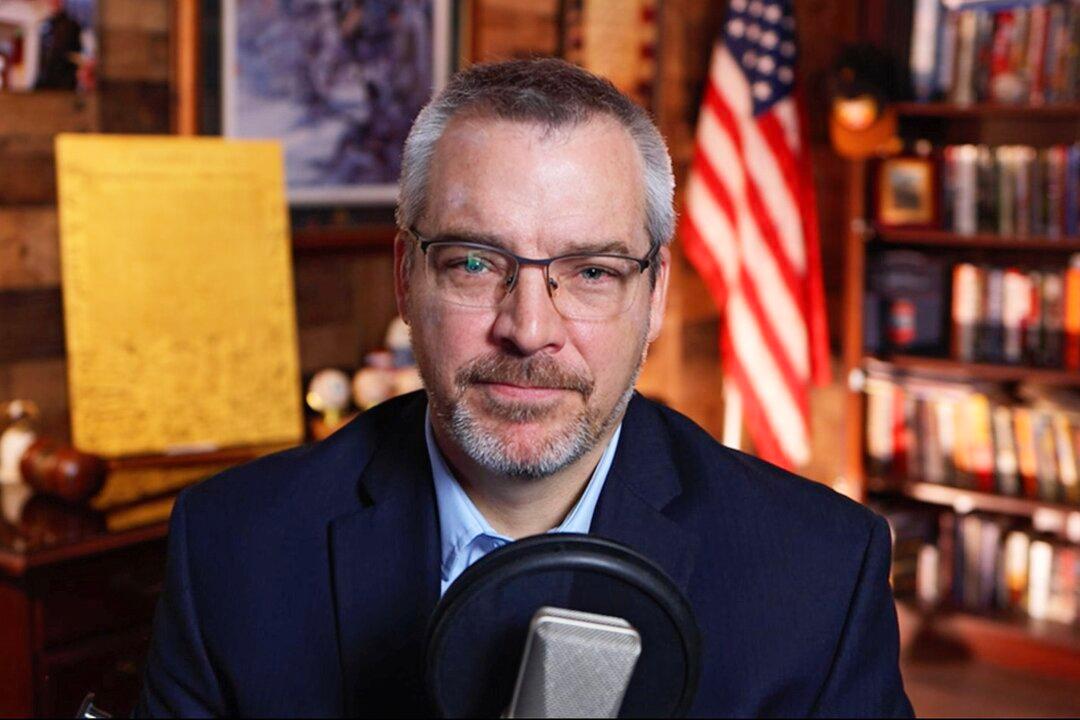Basic principles such as freedom of assembly and freedom of worship guaranteed by the Constitution are being violated in the United States amid the COVID-19 pandemic, says constitutional attorney Rick Green.
In an interview with The Epoch Times’ “Crossroads,” Green criticized the restrictions on churches imposed by Democratic Govs. Andrew Cuomo in New York and Gavin Newsom in California, as well as in other blue states.






